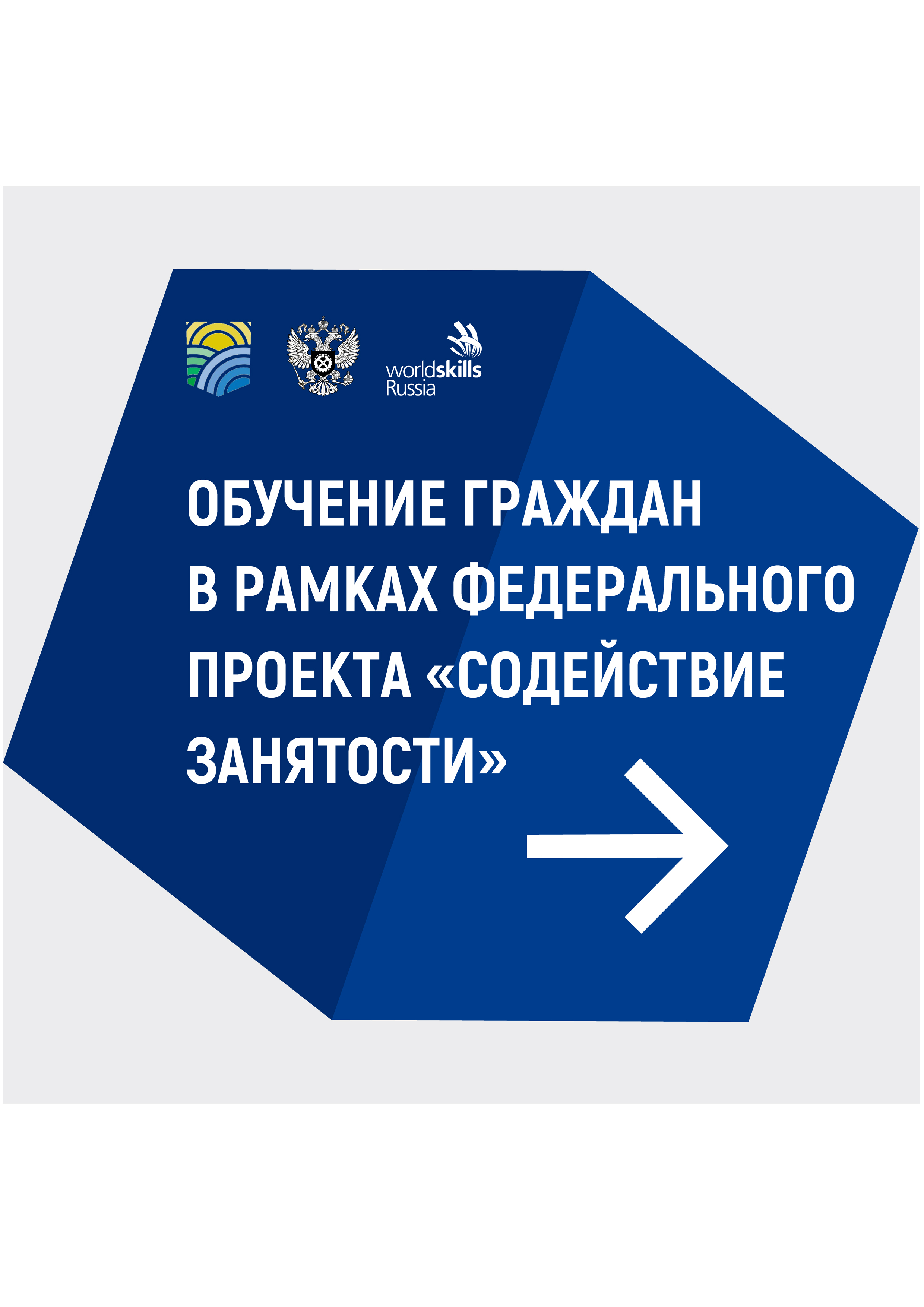How to File a Personal Injury Case
You could be able to hold those responsible for your injuries if the person was negligent. This can be a difficult process, but with the proper legal guidance and support, you can maximize your claim.
The first step is to write an action that details the accident and your injuries, as well as the parties in the incident. This is best handled by a skilled lawyer.
The Complaint
A personal injury lawsuit begins with a plaintiff (the person who files the lawsuit) filing the legal document known as a complaint. It contains the allegations that the plaintiff believes are sufficient to support an action against the defendants. This could entitle the plaintiff to money damages or injunctive relief.
It is a pleading that must be filed in court and served on the defendant. The complaint must contain facts that detail what caused the injury which party is responsible, and what the damages are.
These details are usually gleaned from medical reports and documents including witness statements, medical bills and other records. It is important that you take all the evidence that relates to your injuries to ensure that your lawyer can present your case to be successful in the lawsuit.
Your personal injury lawsuits injury lawyer will work to prove the defendant’s liability for your injuries, by proving that they were negligent in the causing of your injuries. These claims are called «negligence allegations.»
In a personal injury case the negligence allegations must be substantiated by specific facts that show that the defendant violated law. The most frequent legal allegations are those that claim that the defendant was owed an obligation under the law, and they breached this duty and that their failure caused your injuries.
The defendant responds with Answers to each of these negligence allegations. This is a formal legal document that either acknowledges the allegations or denies them, and also lays out defenses that it plans to present in court.
When the defendant has responded in a timely manner, the case moves to the fact-finding phase of the legal process called «discovery.» Both sides will exchange evidence and information during discovery.
After all the documents have been exchanged, each party will be asked to make a motion. These motions can be used to request a change of venue, dismissal of a judge or another request from the court.
Once all of these motions have been filed, the lawsuit can be scheduled for trial. The judge will decide how to proceed with the trial based on the evidence discovered during discovery as well as the motions filed by the parties’ lawyer.
The Discovery Phase
The discovery stage of a personal injury lawsuit is crucial. It involves gathering evidence from both sides in order to construct an evidence-based case.
There are several methods of gathering evidence, but the main ones involve interrogatories, requests for production and depositions. These are all designed to provide a solid foundation for the case before it goes to trial.
A request for production is a document asking the opposing party to provide documents related to the case. This could include medical records, police records, or lost wages reports.
An attorney from both sides can send out these requests and wait for the other side to respond within the specified time frame. Your lawyer can then use these documents to build your case or to help prepare for negotiations or trial.
Your lawyer can also put in a motion to compel that requires the opposing party to disclose information that you’ve asked for. But, this is difficult if the other party’s attorney claims that it’s protected work product or if they do not meet deadlines.
The discovery process typically is between six months and one year. It could be longer when you’re filing a medical malpractice lawsuit , or other type of complicated injury case.
Your lawyer will begin gathering evidence from the opposing side in a typical personal injury case within a few weeks of an affidavit or citation being served. These requests can cover a vast range of topics, but the most commonly requested are medical records, documents and witness statements.
After your lawyer has gathered enough evidence, they’ll typically organize a deposition. This is the time when your lawyer will ask you about the accident under the oath. A court reporter will record your answers and compare them to other witnesses.
You’ll be asked yes/no questions and then given documents to support your answers. It’s a very involved procedure that must be handled with attention and patience. A well-experienced personal injury attorney can help you through this arduous procedure and ensure that you receive the compensation you deserve.
The Trial Phase
The trial stage of a personal injury case is where both parties to your case present their evidence and testify before a judge or jury. It is an extremely important phase and one for which your attorney will need to be prepared.
This stage of your case typically lasts for about 1 year, but it can be much longer depending on the extent of the case. This is why it’s so crucial to find a skilled trial lawyer who has successfully taken cases to trial in the past and can provide you with complete knowledge of the legal aspects of your case.
At this stage in your case the defendant’s attorney may begin offering settlements to you. These settlement offers can be extremely beneficial, especially if you have suffered serious injuries or have huge medical bills. It is crucial to recognize that these offers might not reflect your true worth. These offers should not not be taken without consulting with your attorney.
Your attorney will be working closely with you to determine the information that is most important to you and your defense attorneys at this stage of your case. This information could be detrimental to your case.
Your case will be reviewed by the attorney representing the defendant. They will then decide the necessary information needed to plan their defense. This could include things like insurance information witnesses’ statements, photos, and other relevant details.
Another important aspect of this phase of your case involves depositions. Your lawyer may ask you questions during deposition. These questions must be answered honestly and not in a defamatory or misleading manner.
You should also think about letting your lawyer know about what you share on social media. Even even if you believe it’s not private, you could be exposing yourself to liability in the event that the defendant learns you posted photos of your accident or other information.
If your case goes to trial, the judge in charge of it will select the jury on your behalf. The jury will be able to view your case and determine if the defendant was negligent. The jury will decide whether the defendant is responsible for your injuries and, if so how much.
The Final Verdict
The final verdict in the case of personal injury is not the end of the story. Under the law of every state in the country the party who lost is entitled to contest the various aspects of a jury verdict to an upper court and request that the jury verdict be thrown out. Although this may seem like an easy procedure but it’s a high risk and is costly to pursue.
Each side will present its evidence after a trial involving an injury. This may include photographs of the scene of the accident, testimony of witnesses, and evidence from experts. The most important part is the jury deliberation. It can take days, hours, or even weeks, depending on the complexity of the case.
Additionally to that, there are a myriad of stages in the trial process. The judge will supervise the selection of an impartial jury (a difficult task, by the way) as well as developing a specific verdict form and jury instructions to help guide the jurors through the maze of information and figures in the case.
While the jury might not be capable of answering all questions at once, they can make informed decisions about who should be held responsible for the plaintiff’s injuries, and how much money should be paid for damages, pain, suffering, and other losses. It can be a long and costly process, but it is a crucial element of ensuring a fair settlement. This is why it is suggested that all participants in a personal injury claim get the help of an experienced trial lawyer to assist with this crucial phase.























